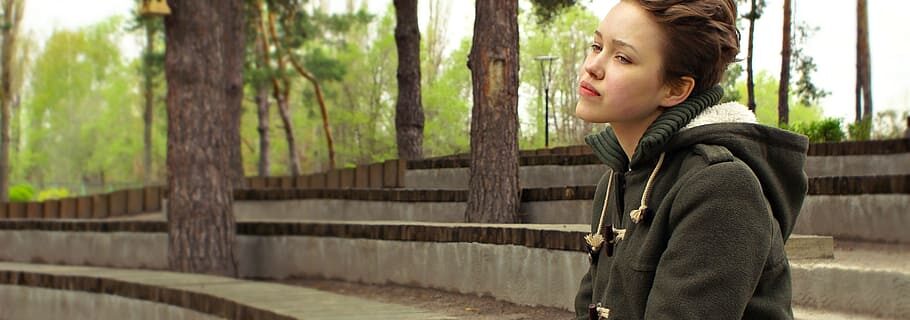Research from the Children and Young People’s Centre for Justice (CYCJ) shows that Scotland’s children and young people are feeling increasingly isolated in lockdown, as COVID-19 restrictions continue.
‘Spend time with me’: Children and young people’s experiences of COVID-19 and the justice system’ shares findings from research undertaken by CYCJ, gathering the views of children and young people with experience of the justice system on COVID-19 and associated restrictions. Youth justice practitioners were also consulted, and shared practice examples as case studies.
The biggest issues facing children and young people in the justice system are isolation and lack of contact with others. Boredom, lack of activity and being stuck at home were also reported to be significant issues in complying with restrictions. This is in spite of almost all children and young people reporting they have been able to stay in touch with family and friends, and practitioners developing creative methods to sustain contact, and continue to support children, young people and their families.
A finding of particular concern was the impact of changes to the operation and processes of the justice system across all areas of the Whole System Approach. This included delays owing to restrictions to court and Children’s Hearings; progression of plans; maintaining contact with services and supports including social work and legal professionals and attending court; and for those in and leaving secure care and custody.
It is also concerning that some children and young people feel afraid of or targeted by the police – despite others detailing a more positive response and practitioners finding their response to be appropriate. Over time there have also been changes to levels of offending, offence types and compliance with restrictions.
This evidence has been used to inform the Alternative Child Rights Impact Assessment about the coronavirus, commissioned by the Children and Young People’s Commissioner Scotland.
Claire Lightowler, Director of CYCJ, said:
“There is little doubt that COVID-19 has brought unprecedented and challenging circumstances and unimaginable changes to everyone’s lives. Although work is being undertaken to capture children and young people’s views and experiences of COVID-19, as well of those supporting them, we identified a gap in the insights and information from those involved in the youth justice system. This includes children and young people who are deprived of their liberty and who are not able to have usual contact with their support network during this difficult time.
“Although we are hearing that children and young people have overall complied well with these restrictions, and many have been able to stay in touch with family and friends and have contact with services and supports, it is inevitable that there are ongoing challenges, such as isolation, boredom and frustrations around sticking to the rules – issues that even we as adults can struggle with. From this research, we are seeing a clear impact on young people’s health and wellbeing, distressed behaviour that can be displayed as challenging, and increased difficulties in relationships and conflict within the family home, with the associated risks.”
In supporting children through this time, the dedication of staff, support to staff and the importance of a partnership approach has been identified as key. Support to families will remain important if the identified potential risks to children are to be avoided, as will the utilisation of child protection processes to support and safeguard these children. However, the challenges in doing so and particularly understanding what is really going on and how people are managing, along with the difficulties of intervening prior to crisis point being reached, have been highlighted.
Upholding children’s rights to participation in justice processes was a key recommendation of this research. In such uncertainty, the provision of information and support is even more important. These findings further support reducing the number of children and young people entering custody and the recent recommendations of the Children and Young People’s Commissioner Scotland that the Scottish Government ensure all children detained in YOIs are individually assessed for release using a human rights-based approach, and children in secure care centres should also have their situation reviewed, allowing a rights-based assessment of whether detention continues to be in their best interests.
The research also supports understanding of the physical, emotional and psychological effects of the pandemic on children and young people and the recommendations of the UN Committee on the Rights of the Child on what governments should do to take a children’s rights-based approach to the crisis, in respect of protecting children in detention and in breach of government rules.
Debbie Nolan, who conducted the research, said:
“Moving out of lockdown is a very gradual process, the impact of which may not be experienced by all children, young people and their families. We must also aware of and be prepared to deal with the challenging circumstances and the mental health and wellbeing difficulties that COVID-19 and lockdown has exacerbated. This demonstrates the fundamental importance of practitioners maintaining efforts to keep in touch with children, young people and their families and continuing to provide individualised practical and emotional support. Support to maintain contact with others such as family and friends, and providing the resources to facilitate this, will also remain a high priority.”

